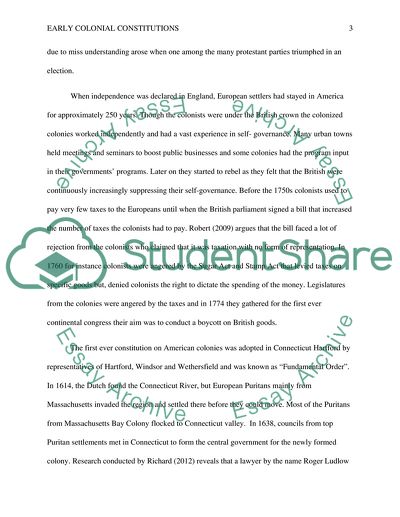Cite this document
(“Early Colonial Constitutions Research Paper Example | Topics and Well Written Essays - 2000 words”, n.d.)
Retrieved from https://studentshare.org/social-science/1664760-early-colonial-constitutions
Retrieved from https://studentshare.org/social-science/1664760-early-colonial-constitutions
(Early Colonial Constitutions Research Paper Example | Topics and Well Written Essays - 2000 Words)
https://studentshare.org/social-science/1664760-early-colonial-constitutions.
https://studentshare.org/social-science/1664760-early-colonial-constitutions.
“Early Colonial Constitutions Research Paper Example | Topics and Well Written Essays - 2000 Words”, n.d. https://studentshare.org/social-science/1664760-early-colonial-constitutions.


